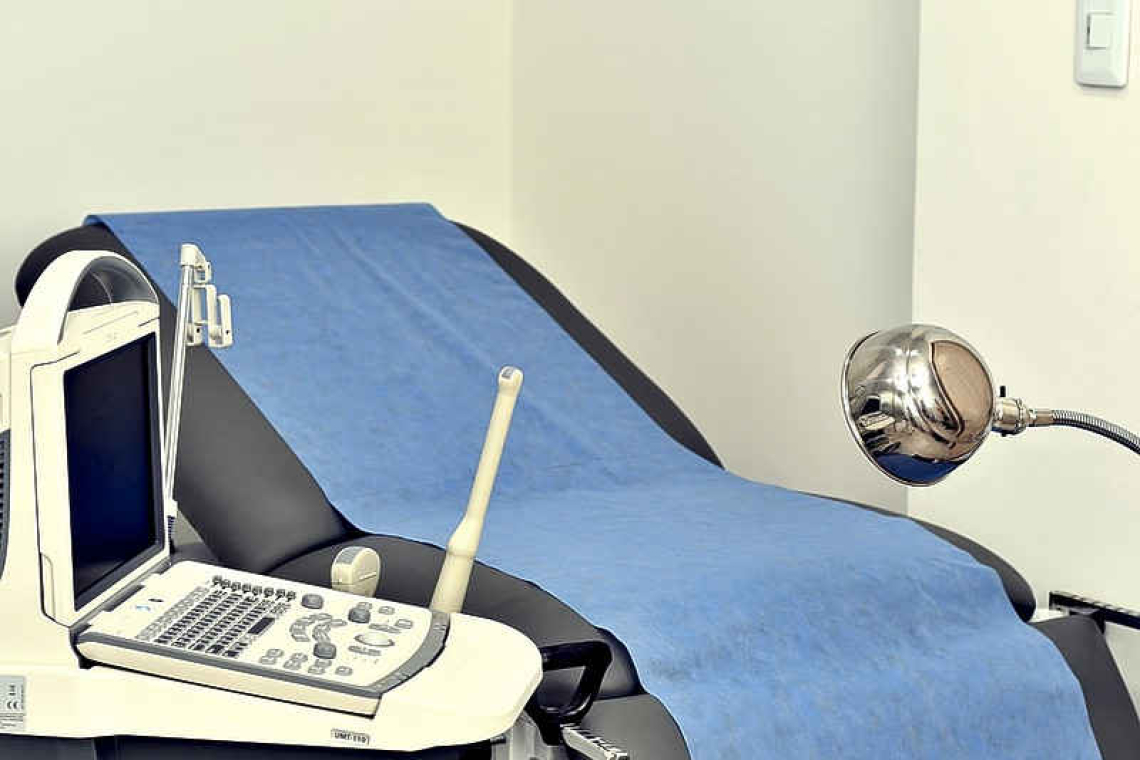By Collective Prevention Services (CPS)
There are five main types of cancer that affect a woman’s reproductive organs: cervical, ovarian, uterine, vaginal, and vulvar. As a group, they are referred to as gynaecologic. (A sixth type of gynaecologic cancer is the very rare fallopian tube cancer.)
What is cervical cancer?
Cancer is a disease in which cells in the body grow out of control. Cancer is always named for the part of the body where it starts, even if it spreads to other body parts later. When cancer starts in the cervix, it is called cervical cancer. The cervix is the lower, narrow end of the uterus. The cervix connects the vagina (the birth canal) to the upper part of the uterus. The uterus (or womb) is where a baby grows when a woman is pregnant. Cervical cancer is the easiest gynaecologic cancer to prevent, with regular screening tests and follow-up. It also is highly curable when found and treated early.
Who gets cervical cancer?
All women are at risk for cervical cancer. It occurs most often in women over age 30. The human papillomavirus (HPV) is the main cause of cervical cancer. HPV is a common virus that is passed from one person to another during sex. Most sexually active people will have HPV at some point in their lives, but few women will get cervical cancer.
What are the symptoms?
Early on, cervical cancer may not cause signs and symptoms. Advanced cervical cancer may cause bleeding or discharge from the vagina that is not normal for you, such as bleeding after sex. If you have any of these signs, see your doctor. They may be caused by something other than cancer, but the only way to know is to see your doctor.
What raises a woman’s chance of getting cervical cancer?
Almost all cervical cancers are caused by HPV. You are more likely to get HPV if you started having sex at an early age, or if you or your partner have had sex with several others. However, any woman who has ever had sex is at risk for HPV. There are many types of HPV. Usually, HPV will go away on its own, but if it does not, it may cause cervical cancer over time.
In addition to having HPV, the following can also increase your risk of cervical cancer:
- Smoking.
- Having HIV (the virus that causes AIDS) or another condition that makes it hard for your body to fight off health problems.
- Using birth control pills for a long time (five or more years).
- Having given birth to three or more children.
How can one prevent cervical cancer?
- See your doctor regularly for a Pap and/or HPV test.
- Follow up with your doctor if your cervical cancer screening test results are not normal.
- Get the HPV vaccine. It protects against the types of HPV that most often cause cervical, vaginal, and vulvar cancers.
For more information, contact Collective Prevention Services (CPS) at 542-1570 or 914.







